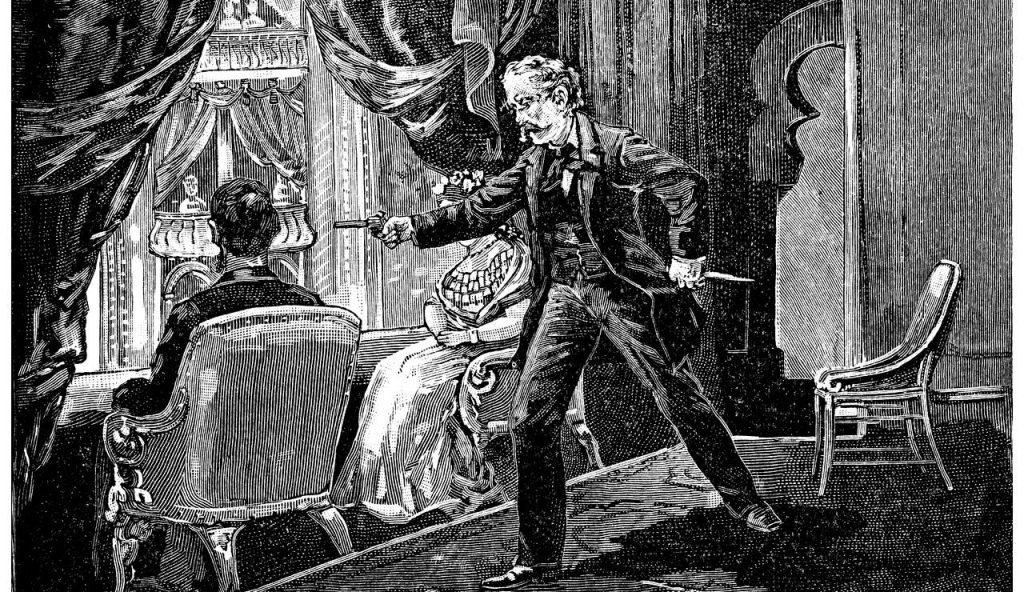President Abraham Lincoln was assassinated on April 14, 1865, by actor John Wilkes Booth while attending a play at Ford’s Theatre in Washington, D.C. The president, who was the first U.S. president to be assassinated, died the following day at the age of 56. Lincoln was survived by his wife, Mary Todd, and his two sons, Robert and Tad. Witness statements published on the Ford’s Theatre website describe the confusion and chaos that ensued after the shooting, as both actors and audience members initially thought the shot was part of the play.
Born in Hodgenville, Kentucky on February 12, 1809, Lincoln had minimal formal education, attending only one year of schooling as a child. Despite this, he learned to read, write, and cipher, eventually becoming an established lawyer after receiving his law license in 1836. Lincoln served as a captain in the Black Hawk War and spent eight years in the Illinois legislature before being elected to the House of Representatives in 1846. He lost a bid for the U.S. Senate in 1858 but gained national recognition through debates with Stephen A. Douglas, leading to his Republican nomination for president in 1860.
During Lincoln’s presidency, the Civil War broke out as 11 states seceded from the Union. In 1863, he signed the Emancipation Proclamation, which freed enslaved people in Confederate states. Lincoln was reelected president in 1864 but was assassinated just over a month into his second term. After being shot by Booth, Lincoln was taken to a boarding house across the street from Ford’s Theatre where he succumbed to his injuries the next morning. Booth, who leaped from the presidential box to the stage after shooting Lincoln, shouted, “Sic semper tyrannis!” before fleeing the scene.
After his death, President Lincoln was mourned by the nation, and his legacy as a leader who guided the country through the Civil War and issued the Emancipation Proclamation lived on. His impact on American history and his dedication to preserving the Union continue to be remembered and celebrated today. Lincoln’s tragic assassination marked a turning point in American history and cemented his place as one of the most respected presidents in the nation’s history. His humble beginnings, limited schooling, and rise to political prominence serve as an inspiration to many.
Despite the tragic end to his presidency, Lincoln’s legacy lives on through his contributions to American history and the enduring impact of his leadership during a tumultuous time in the nation’s history. The Emancipation Proclamation and the preservation of the Union are lasting reminders of his commitment to justice and equality. President Abraham Lincoln’s assassination remains a somber reminder of the challenges and sacrifices faced by leaders who strive to uphold the ideals of freedom and democracy. As a transformative figure in American history, Lincoln’s memory continues to be honored and his legacy celebrated.


